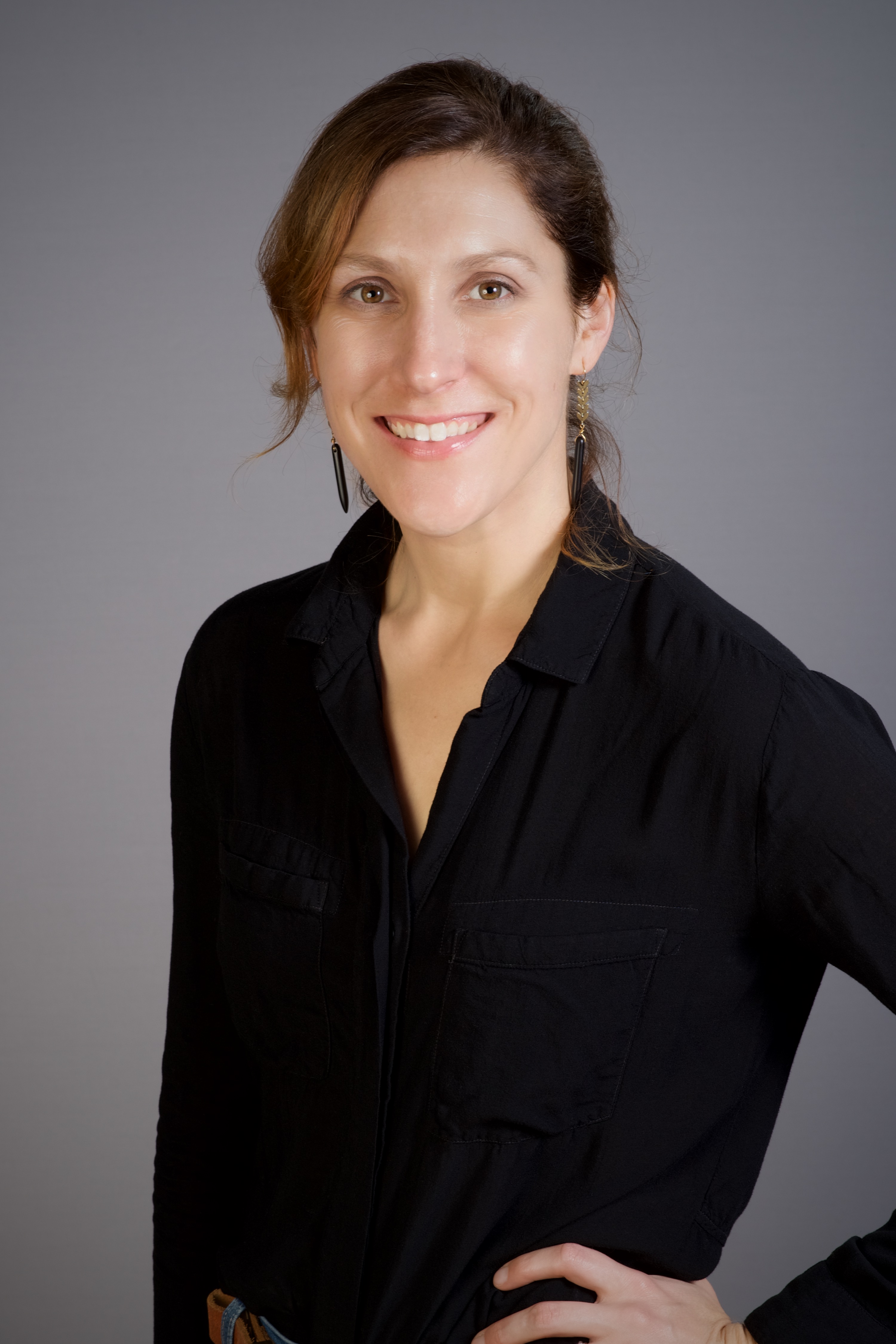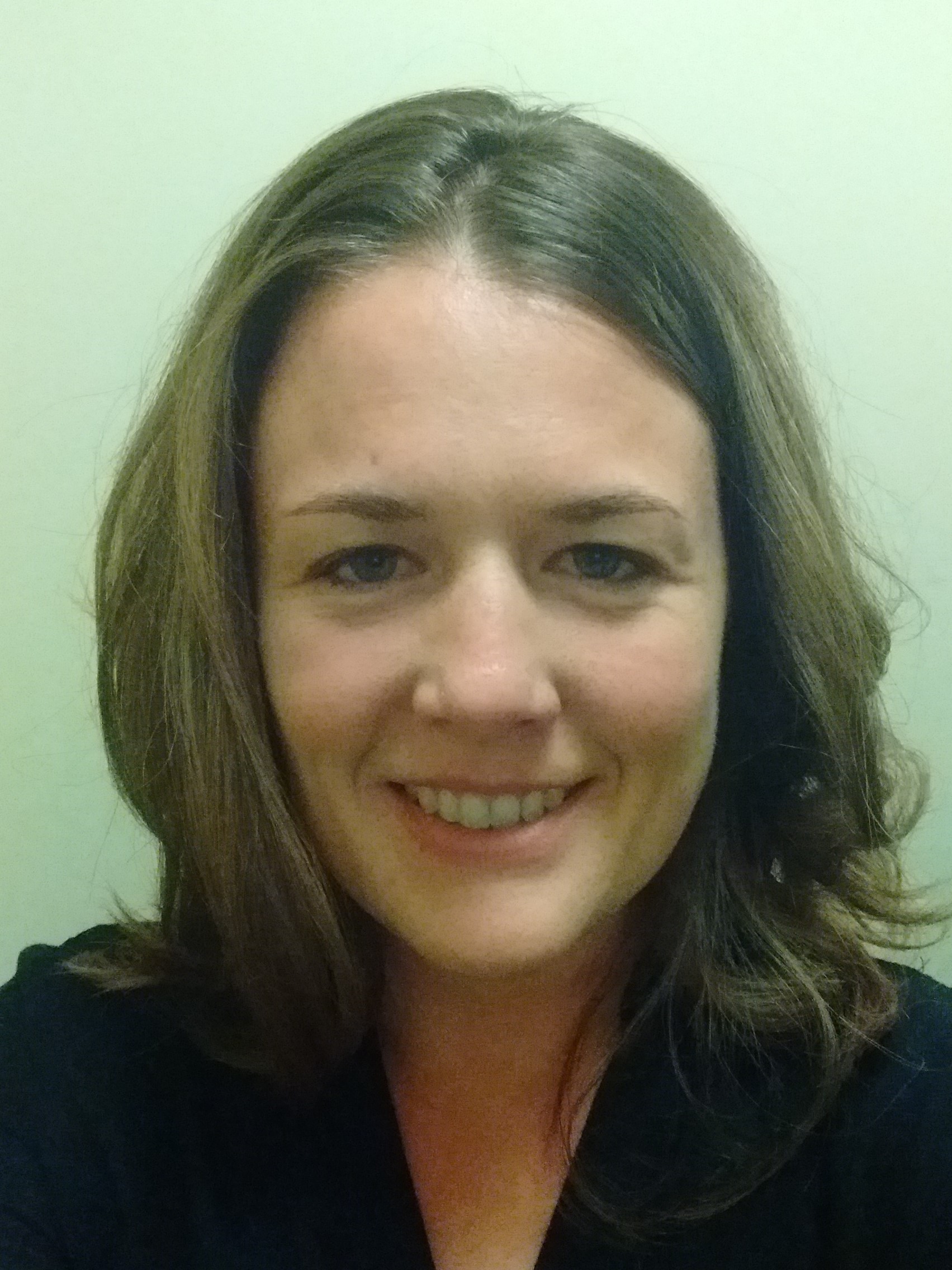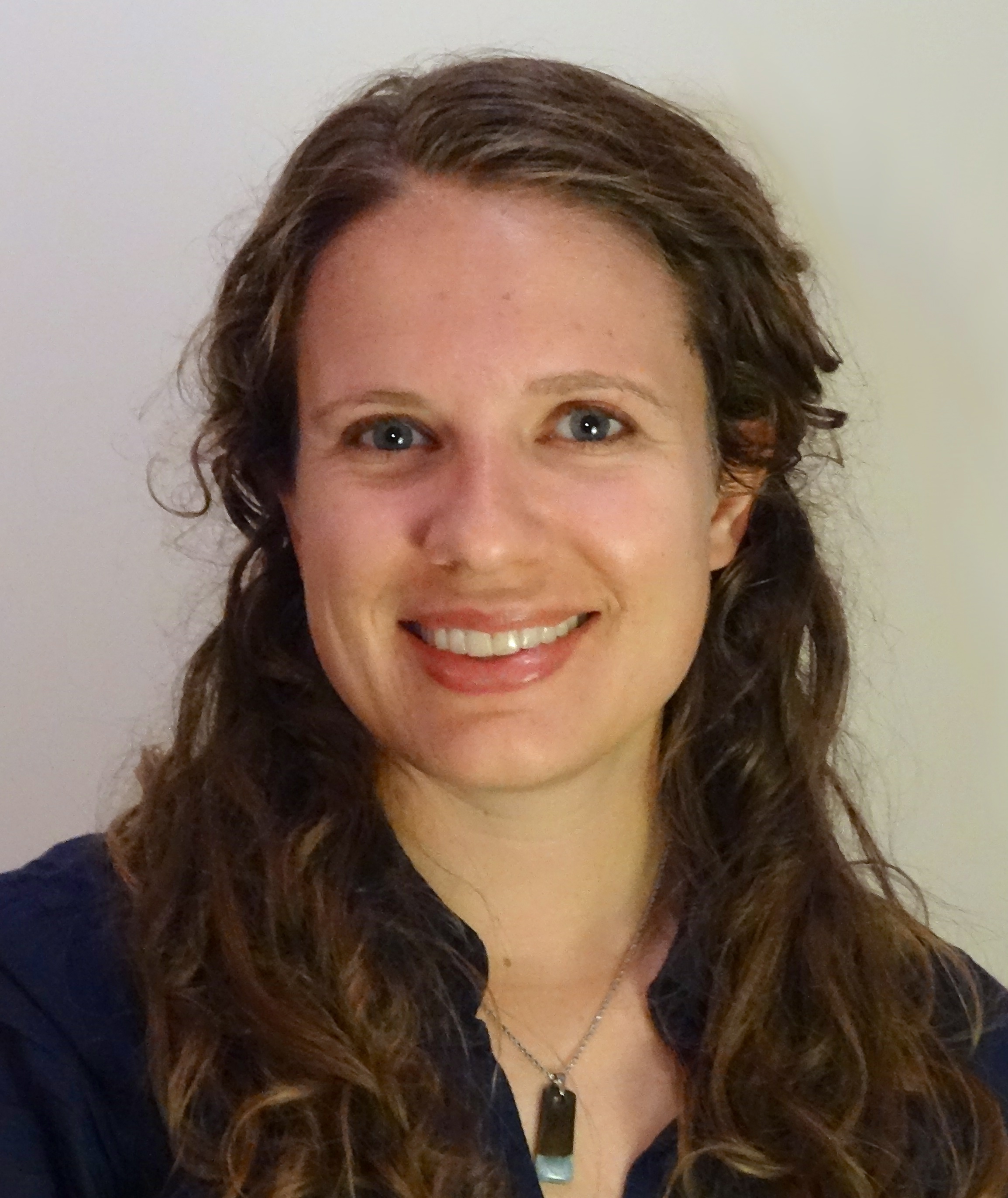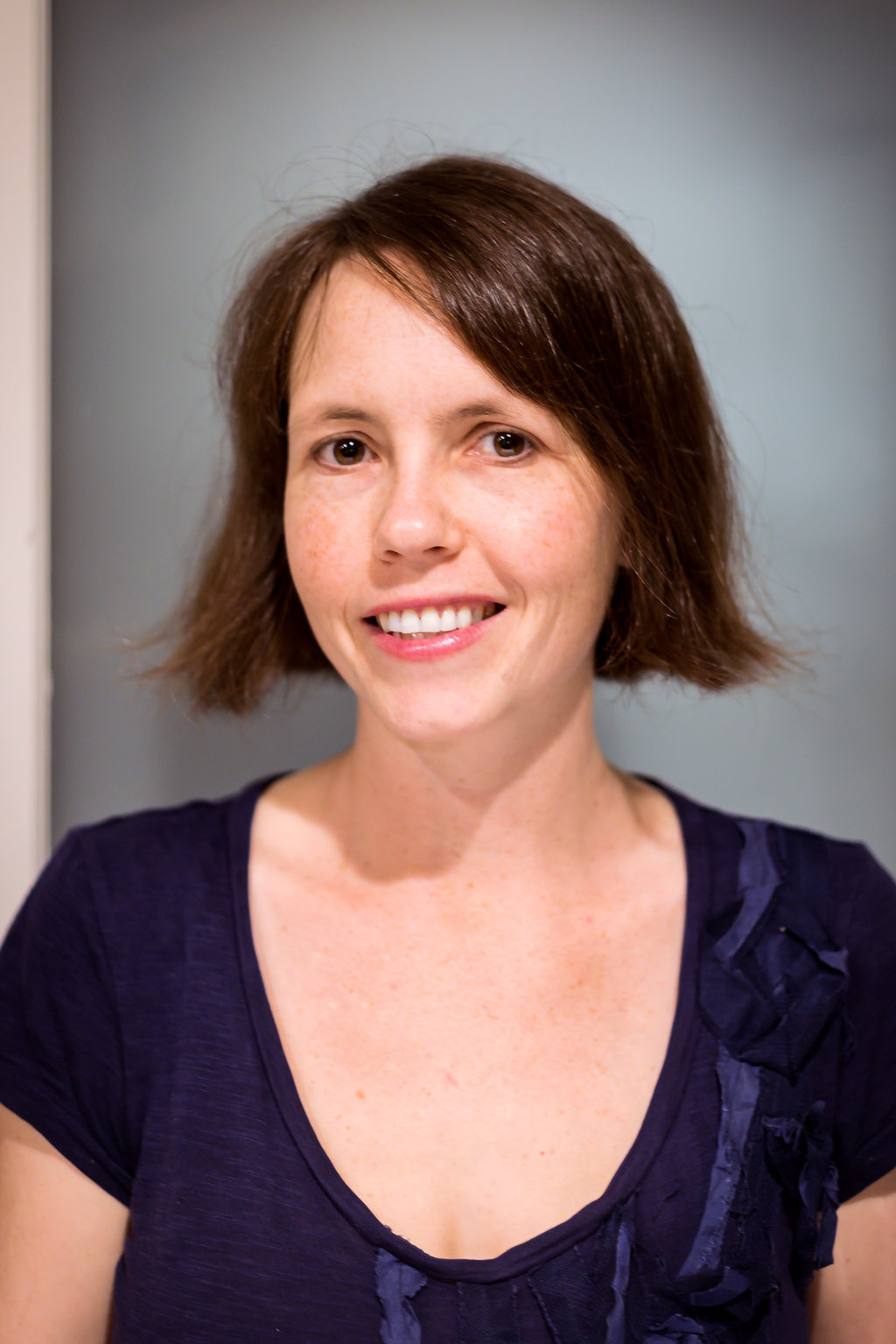PhDs on the Market
The Department of Sociology at the University of California San Diego is proud of our excellent PhD candidates on the academic market this year.
If you have questions, feel free to contact our job candidates, faculty members, or our Graduate Program Coordinator.
Stacey Livingstone
Contact Email: sbliving@ucsd.edu
Area of Specialization: Homelessness, Housing, Social Inequalities, Social Justice, Health, Policy, Community-Engaged Research, Public Sociology, Qualitative Methods, Teaching
Dissertation Chair: Isaac Martin and Vanesa Ribas
Dissertation Title: The Limits of Prioritization: The Health Repercussions of Quantified Vulnerability, Limited Resources, and Entrenched Homelessness in “America’s Finest City”

Stacey Livingstone completed her PhD in Sociology in the spring of 2023 and is currently a postdoctoral research fellow for the Homelessness Hub in the Department of Urban Studies and Planning at UC San Diego where she will be working on several collaborative, community-engaged research projects including an evaluation of emergency shelters and street outreach efforts in San Diego and a study of the individual and communal impacts of advocacy work conducted by those with lived experience of homelessness. In addition to her dissertation, which focused on the health consequences of vulnerability assessment tools and limited resources for those experiencing homelessness, Stacey has conducted public sociology research projects on student housing insecurity and permanent supportive housing with students and homelessness lived experience advocates respectively. Her academic work has appeared in Teaching Sociology and Transformative Dialogues and she has written policy briefs for Scholars Strategy Network. Her research has been supported by the Global Health Institute and the Yankelovich Center for Social Science Research.
This year, Stacey will participate in both the Urban Affairs Association Publishing Fellowship and the California Research Bureau Nexus Public Scholar Cohort.
In addition to conducting community-engaged research on homelessness and housing, Stacey loves teaching and is the proud recipient of the Barbara and Paul Saltman Excellent Teaching Award and the SAGE Publishing Keith Roberts Teaching Innovations Award. She works hard to make every aspect of her teaching practice inclusive and equitable and learned a lot towards accomplishing these goals while working at the Engaged Teaching Hub at UC San Diego.
Jennifer Nations
Contact Email: jnations@ucsd.edu
Area of Specialization: political sociology, social inequalities, fiscal sociology, tax policy, education
Dissertation Chair: Isaac Martin
Dissertation Title: Who Pays for Higher Education? The Politics of Legislating College Costs in the United States

Jennifer is currently a postdoctoral fellow with the Scholars Strategy Network. You can find more about her research and teaching at her website: https://www.jennifernations.com/
Stacy J. Williams
Contact Email: sjw006@ucsd.eduWebsite: http://www.stacyjwilliams.com
Area of Interest: Gender, Social Movements, Culture, Food, Work & Occupations
Dissertation Chair: Mary Blair-Loy
Dissertation Title: Recipes for Resistance: Feminist Political Discourse About Cooking, 1870-1985
 Some of the largest social transformations in the United States over the past 200 years involve changes to the gender order. To understand the forces behind these shifts, we must examine how women have fought for equality using actions situated in the home and family, which have remained central to women’s lives. However, scholars who study the dynamics of social change often overlook how the home can be a site of social movement action.
Some of the largest social transformations in the United States over the past 200 years involve changes to the gender order. To understand the forces behind these shifts, we must examine how women have fought for equality using actions situated in the home and family, which have remained central to women’s lives. However, scholars who study the dynamics of social change often overlook how the home can be a site of social movement action.
I study how feminists have politicized cooking within four social movements. Contrary to the stereotype that feminists avoid cooking, I find that feminists have utilized the home kitchen as they push for gender equality. I analyze cookbooks and other culinary writings from suffragists, temperance women, and liberal and radical second-wave feminists. In this discourse, feminists make claims about cooking to build moral identities that support their campaigns for a more equal world. These activists also advocated for cooking in ways that empowered women both within and outside the home. These methods of cooking could help feminists prefigure—or model—the social change they desired. In short, I demonstrate how feminists use discourse about cooking to challenge women’s subordination within the family and broader society.
Brynna Jacobson
Contact Email: bajacobson@ucsd.eduWebsite: https://www.brynnajacobson.net/
Area of Interest: Environmental Sociology, Political Economy, Law and Society
Dissertation Chair: Charles Thorpe
Dissertation Title: Geoengineering's Move from Margins to Mainstream: The Politics of Representation and the Construction of Legitimacy
 Education
Education
2018 Doctor of Philosophy, University of California, San Diego
2010 Master of Arts, University of California, San Diego
2005 Master of Arts, University of San Diego
2004 Bachelor of Arts, University of California, Berkeley
Areas of specialization: environmental sociology, political economy, law and society
Research Projects
Environmental Sociology
My research investigates society’s relationship to the environment, the discursive practices around this relationship, and how this both reflects and affects economic and policy considerations. It explores the social insecurities that arise in the face of global environmental crises, the role of life politics within this context, and society's relationship with technology as both a cause and potential solution. Specifically, my dissertation research focuses on scientific and political responses to climate change and an analysis of the growing prominence of geoengineering as a potential solution. Geoengineering, the idea of addressing climate change through large-scale technological projects, is a unique example of a contested emerging technology. It stands out in the degree to which both its scope of possibilities and its premise are characterized by global existential risks. Despite controversy due to inherent and perceived risks, this field has been shifting toward mainstream consideration. Drawing upon theories of risk, modernity, and the politics of unsustainability, this research applies the “politics of representation” to analyze three genres of geoengineering discourse: science policy reports, journalism, and congressional hearings. Discursive strategies and trends recurrent in these genres are found to construct notions of normalcy, legitimacy, and imperative around the notion of geoengineering.
Law and Society
I have also been involved in a collaborative law and society research project examining common law as a global knowledge system through investigation of judicial practices within post-colonial Asian jurisdictions. We created a unique data set based on review of judicial opinions from Hong Kong, Malaysia, and Singapore to analyze and evaluate the significance of how these judicial communities invoke international common law through legal and cultural practices.
PublicationsBrynna Jacobson. 2018. “Constructing Legitimacy in Geoengineering Discourse: The Politics of Representation in Science Policy Literature.” Science as Culture. Forthcoming.
Kwai Hang Ng and Brynna Jacobson. 2017. “How Global is the Common Law? A Comparative Study of Asian Common Law Systems – Hong Kong, Malaysia, and Singapore.” Asian Journal of Comparative Law. 12(2): 209-232.
Charles Thorpe and Brynna Jacobson. 2013. “Life Politics, Nature, and the State: Giddens’ Sociological Theory and The Politics of Climate Change.” The British Journal of Sociology 64(1): 99-122.
Please message me if you would like a copy or download of any of these articles.